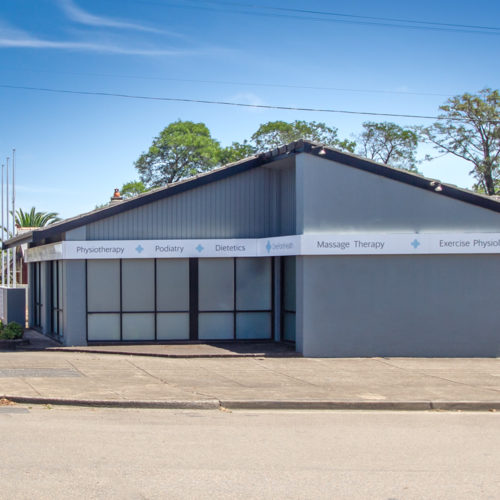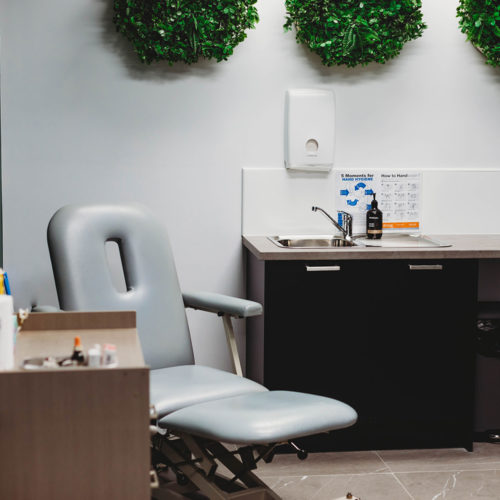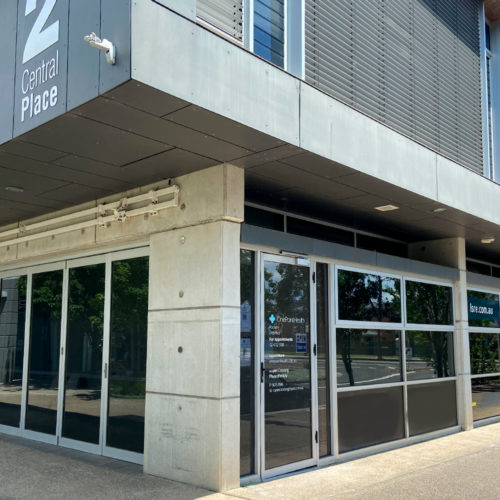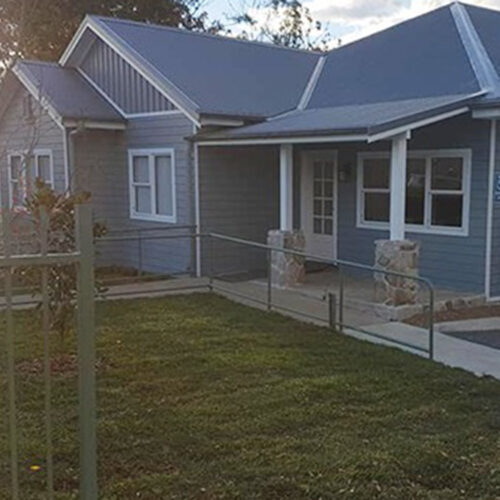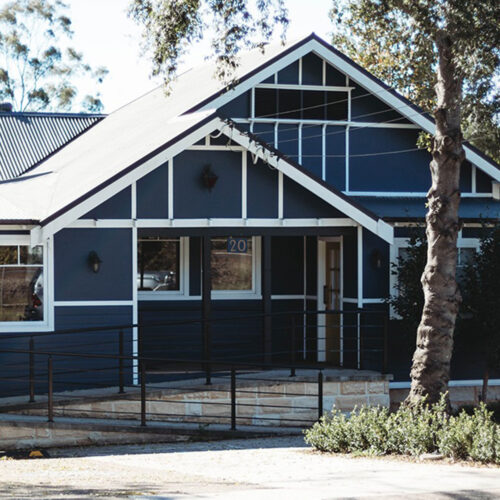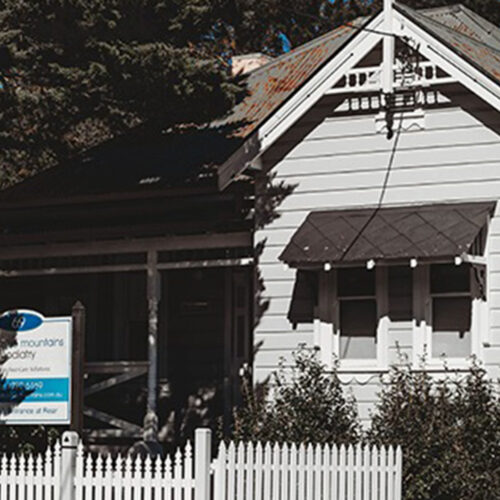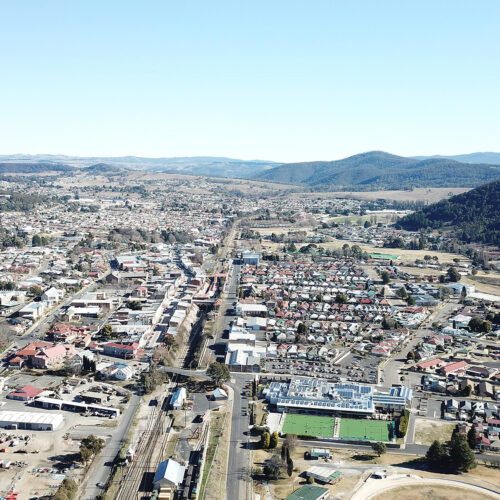What is radicular back pain?
Radicular pain is pain that spreads from the back and travels down the leg below the knee. Sometimes there is no back pain and only leg pain. This sort of leg pain is thought to originate from irritated nerves near the spine. A more general term for this problem is sciatica. However, sciatica is usually used to describe pain down the back of leg—it does not indicate that the sciatic nerve, which is located in the muscles of your buttock and is about as thick as your thumb, is irritated or pinched. Rather, the problem is normally with a nerve branch that can get irritated where it exits the spine. This can lead to different regions of the leg becoming sore, depending on which nerve branch is irritated.
The nerve branches that become irritated are called nerve roots and are labelled according to the area of the spinal column that they exit from. For example, you might have been given a diagnosis of ‘L5 nerve root compromise’ or ‘L5 radiculopathy’. While that sounds a little scary, all it means is that there is an irritation of the fifth lumbar (L5) nerve root. If there is compression on the nerve (eg, from swelling), you might experience weakness and numbness in your leg—this is known as radiculopathy. Most people who experience weakness related to this type of nerve compression recover their strength within one year, without any surgical intervention.
Signs and symptoms of radicular back pain
- Your leg pain might feel worse than your back pain, or you might have no back pain at all.
- Leg pain can be accompanied by numbness and weakness
Your physiotherapist is trained to distinguish between radicular pain and other causes of low back and leg pain. They will do this by asking you a series of questions about your pain and examining your back and legs. They might do some nerve tests, such as checking the reflexes, sensation and strength of your legs. Imaging is not needed to diagnose radicular pain.
What causes radicular back pain?
Radicular pain is commonly related to problems with the intervertebral disc. Intervertebral discs function as natural shock absorbers for the spine. Because they are very strongly attached to the vertebrae above and below, the use of the terminology ‘slipped disc’ is not accurate. It is normal for intervertebral discs to bulge and swell. However, changes in the shape of the disc—sometimes referred to as a disc herniation—can irritate nearby nerves and soft tissues. Problems with discs are not necessarily permanent. Even large disc herniations can disappear over time. Radicular pain may also be caused from boney issues happening in the spine e.g. degeneration.
Treatment for radicular back pain
A physiotherapist can help confirm that you have radicular pain and rule out other conditions that require additional testing and treatment. Once a diagnosis of radicular pain is confirmed, they can help you decide how to manage it. It is widely recommended that people with radicular pain have conservative treatment for six weeks before considering further tests or treatments. Treatment may include:
- Education. Sitting will usually aggravate your pain so the therapist will advise you to stay as active as possible focusing on increasing walking tolerance and not staying in the one position for too long.
- Anti-inflammatory and simple analgesia. Nonsteroidal anti-inflammatory drugs (NSAIDs), like ibuprofen, naproxen, or aspirin, will help with pain and swelling as per GP instructions.
- Direction preference exercises. On assessment the practitioner will find a position of maximum comfort to help relieve the leg pain and centralise the pain. This may be exercises focusing on extension or rotation movements. As the acute episode settles doesn’t it is important to restore normal pain free movement
- Posture advice: Prolonged poor posture will place excessive strain on pain-provoking structures of the lumbar spine. Therefore advice will include correcting poor lifting techniques and adjustment in sporting technique where necessary.
- Hands on therapy: massage may offer short term relief however it is exercise that will help you with strategies for self management.

